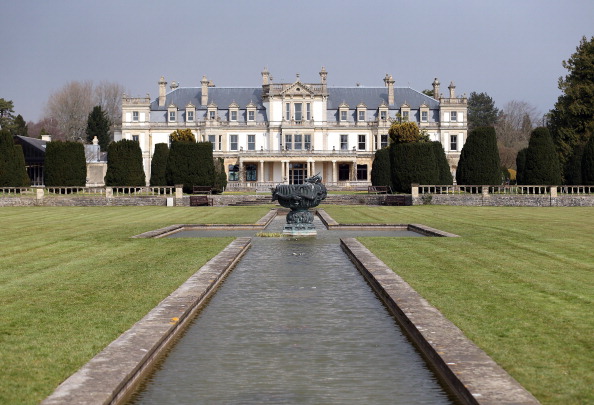- Wednesday, November 27, 2024
A vast majority of respondents in a poll believe the conservation charity is a force for good

By: Chandrashekar Bhat
HERITAGE conservation charity National Trust has gained public confidence compared to the previous year, according to a survey.
A poll conducted by think tank More in Common and University College London’s Policy Lab showed that 71 per cent of 2,000 respondents – British adults – trusted the National Trust, a seven percentage point improvement over the last year.
A similar number of people said they believed the charity was a force for good, although the proportion largely varied with age.
While half of the respondents aged 18-24 years said the organisation is a force for good, the proportion rose to 61 per cent for people in the age group of 25-40 years and to 75 per cent for those aged 41-75 years.
A little more than half (51 per cent) of the respondents agreed that “the National Trust does respect people like me” while just 19 per cent believed to the contrary.
The survey was conducted between July and September this year.
The public approval of the National Trust was in contrast to the reputation of many other organisations which have drawn anger over their actions.
Some 47 per cent of people said the environmental protest group Just Stop Oil was a force for bad, compared to 17 per cent who thought the opposite, a Times report said.
“Our workers and volunteers will be delighted,” National Trust’s director of communications Celia Richardson said, referring to the positive public view of Europe’s largest conservation charity.
“Public trust in institutions is really, really important, even more so when you care for people’s shared heritage,” Richardson said.
The survey result “means we are open to different groups, to telling all sorts of histories. It also means, with things like nature and climate being forever, we have to stand up for those two things.”
Last year, the charity hinted that it was open to restitute colonial artefacts, raising hopes that Robert Clive’s treasures could be returned to India.
The Clive Museum at Wales’ Powis Castle managed by the charity houses Britain’s largest private collection of south and east Asian artefacts brought during the colonial era.
The items include statues of Hindu gods, ornamental silver and gold, ivories, textiles, weapons and ceremonial armour.